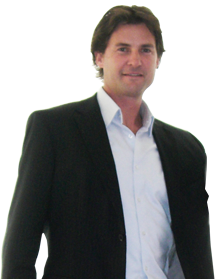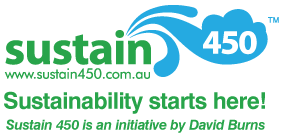
Welcome
David Burns is an environmental chemist with expertise in laboratory data audits, green chemistry, and industrial ecology. David is available to help business & professionals integrate sustainable supply chains and energy efficiency into service offerings. The following blog topics are intended to invoke awareness and/ or action in Going-Green. You are also invited to create a Free Whoisgreen business profile using the link above. David Burns is a NSC member of the Rocky Mountain Institute.
Energy Efficiency is defined as the energy conversion ratio between the useful output of an energy source (eg. generator, or battery), and the desired input (eg. homes, buildings, electrical motors). The useful output may be electric power, mechanical work, or heat.
Energy is wasted when significant losses occur during generation (30%), during transmission across high voltage power lines (10%), and lost as over-engineered solutions, heat & friction in pumps and motors that fill our homes and workplaces (50%). Another 5% is wasted when products are discarded to landfil within the first 3-6 months of purchase. Energy Efficiency can be increased by incorporating passive design and renewables into Buildings, Transport, Industry, and Electricity generation.
Energy Efficiency is best optimised when considered using a "whole-system approach".
The problem of Wasted Energy requires resolution prior to building more supply infrastructure, and only when efficient demand requires it.

